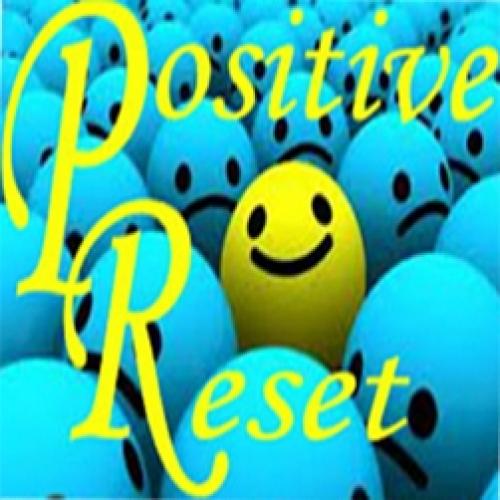FILTERS
Facility Amenities
Treatment and Services Offered
Languages offered
Accepted age groups
Insurance Providers
| Prev |
Searching for a Rehab Center in New Jersey?
Residential treatment centers—often called rehab—provide therapeutic programs for individuals experiencing addiction, mental, or behavioral challenges. For people in need of long-term or short-term treatment, these care centers offer a relaxing domestic environment that is typically much more appealing than the sterile, cold setting that is often characteristic of hospitals. People may spend just a couple of days or weeks at a facility, or they may stay for up to a year. For those unable to access inpatient treatment because of work or insurance reasons, some rehab facilities offer outpatient treatment as well.
Many rehab centers provide treatment for addiction where residents experiencing drug and alcohol abuse problems are able to remove themselves from daily distractions and focus on detoxification, healing, and recovery. Rehab centers treat many other issues as well, including depression, gambling addiction, sex addiction, and schizophrenia.
Mental Health Care in New Jersey
Based on measures from the nationwide Gallup-Healthways Well-Being Index, New Jersey improved from an overall well-being rank of 32nd in 2012, to 23rd in 2013 when compared with other states. The state was ranked 34th in both emotional health and work environment, 26th in healthy behaviors, 21st in basic access, and 15th in life evaluation. The state's best rank however, was in the category of physical health, where it was ranked 9th.
New Jersey earned an 8th place ranking in Mental Health America's (MHA) survey, conducted in 2014. New Jersey's high ranking suggests that the state has a relatively low prevalence of mental health concerns and high rates of access to mental health care. Based on the results of the MHA survey, New Jersey came in 2nd in the adult ranking category and 22nd in the youth ranking category, and the state placed 1st in the need ranking, indicating a lower prevalence of behavioral health concerns and a less urgent need for mental health services when compared to other states. Less than 15% of adults in New Jersey report experiencing mental health issues, which is the lowest rate in the United States.
New Jersey Census Information
Relocating to a new area sometimes helps a person find the best treatment center, or the change in location may have a positive effect on the treatment. If you need to relocate to a new state for treatment, it can be helpful to know more about the population before you go. Based on 2013 estimates, New Jersey boasts a population of just under 9 million people, a number which has grown very little since 2010. Of those residents, 73% identify as white, 15% black, 9% Asian, and 1% as Alaska Native or American Indian. Minors account for 23% of all residents, while senior citizens make up 14%. For the years 2009–2013, the median household income for New Jersey residents is $72,000; this figure is about $19,000 more than the national average.
References:
- Gallup-Healthways Well-Being Index. (2013). New Jersey. Retrieved from
- http://cdn2.hubspot.net/hub/162029/file-629643335-pdf/WBI2013/New_Jersey_2013_State_Report.pdf?t=1419866055370
- Mental Health America. (2014). Parity or disparity: The state of mental health in America, 2015. Retrieved from http://www.mentalhealthamerica.net/sites/default/files/Parity%20or%20Disparity%202015%20Report.pdf
- State of New Jersey Department of Human Services. (n.d.). About DMHAS. Retrieved from http://nj.gov/humanservices/dmhas/home/about/
- United States Census Bureau. (n.d.). State & county quickfacts: New Jersey. Retrieved from http://quickfacts.census.gov/qfd/states/34000.html









